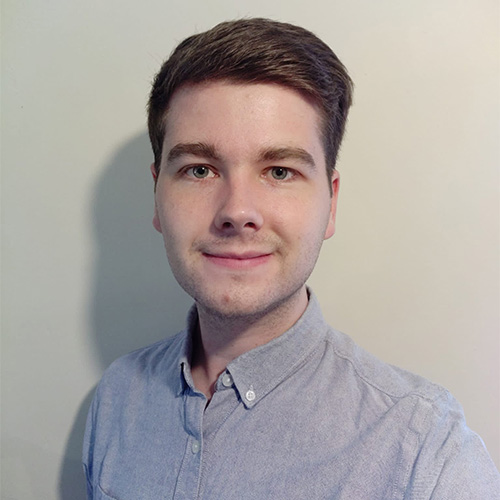Wastewater Industry Insight – Water Technology
This hub is packed full of the latest water & wastewater industry insight, including our thoughts on water technology developments and best practice.
This hub is packed full of the latest water & wastewater industry insight, including our thoughts on water technology developments and best practice.
Our water technology can be used to treat a variety of water treatment applications. Once we understand the nature of your wastewater and your final water quality target, our water treatment specialists can make recommendations as to how best to treat your water. Take a look at some of the Nyex applications here:

Fraser Morgan
Wastewater consultant
Schedule a call with one of our wastewater treatment consultants at your convenience. Or you can send us an enquiry.
Tell us what organic compounds you need to remove from your water and our consultants will give their recommended approach which might involve:
Pharmaceutical company, US